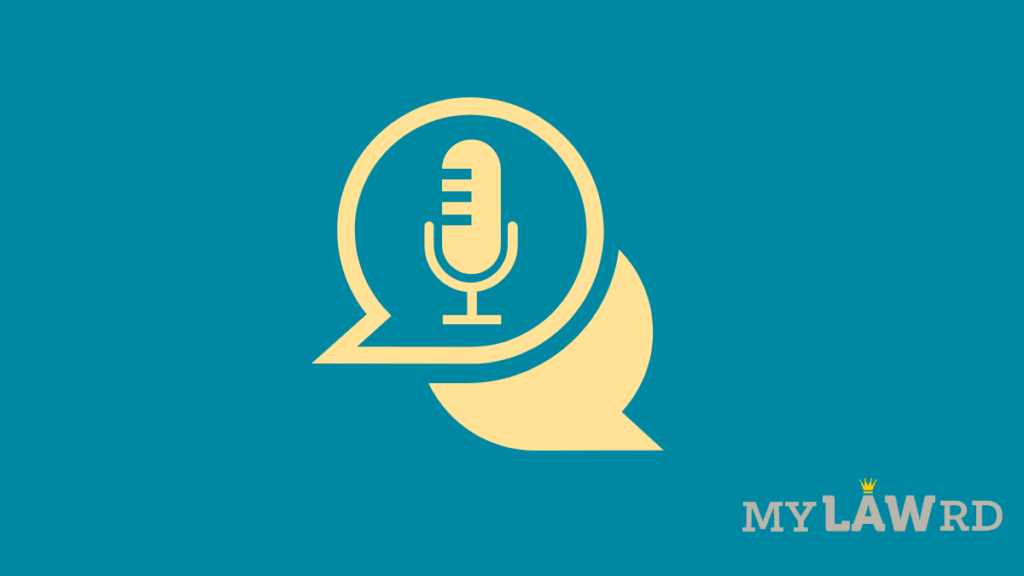Central government law enforcement agencies have started snooping on voice chat rooms/ discussions hosted on Clubhouse which it is recording apparently. The audio-only application hosts 24*7 live discussions and is witnessing an increase in its user base.
The Hindu has reported that the government has authorised are tracking at least a dozen Central agencies, including the Intelligence Bureau (IB), Research and Analysis Wing (RAW), National Investigation Agency (NIA), Enforcement Directorate (ED), Directorate of Revenue Intelligence, Central Bureau of Investigation (CBI), Narcotics Control Bureau (NCB) and Central Board of Direct Taxes, to track rooms on the application.
Powers to surveil under the IT Act, 2000
As per the report, the government has authorized some of these agencies under Section 69 of the IT Act, 2000 read with the Information Technology (Procedure and Safeguards for Interception, Monitoring and Decryption of Information Rules, 2009).
Under the rules, the government has power to issue directions for interception or monitoring or decryption of any information. However, the the government can issue directions only in the interest of sovereignty or integrity of India, defence of India, security of the State, friendly relations with foreign states or public order or for preventing incitement to the commission of any cognizable offence relating to these interests.
As per the law, the government may even call upon the intermediary, Clubhouse in this case, to provide access to information or technical assistance to intercept, monitor, or decrypt the information. Any intermediary who fails to assist the agencies can be punished with imprisonment up to seven years and also be fined.
The agencies are trying to track open or closed rooms which are generating excitement, or individuals or group chats in real time.
Privacy Policy of Clubhouse
As per its Privacy Policy available on the Google Play Store, a user hosts Clubhouse conversations live. The users don’t have any option to pause, record, or listen to the conversations later. However, Clubhouse can record these conversations. It says:
To create a safe environment on the App, we may record conversations and use the recordings to investigate violations of our Community Guidelines or Terms of Service.” Clubhouse claims that recordings are only kept temporarily and are “deleted unless a user reports a Trust and Safety violation while the room is active.”
The privacy policy further says that it may share audio recording to comply with legal requirements of law enforcement and enforcing or exercising its rights under the Terms of Service or Community Guidelines.
Further, Clubhouse may share personal information with “law enforcement, government authorities, and private parties as we believe necessary to: (a) protect our, your, or others’ rights, privacy, safety, or property (including by making and defending legal claims); (b) enforce the terms and conditions that govern the App; and (c) protect, investigate and deter against fraudulent, harmful, unauthorized, unethical, or illegal activity.”
It may also share data relating to the conversations a user engages in, content the user shares, features it uses, actions it takes, people it connects with, and the time, frequency, and duration of its use.
Do subscribe to our Telegram channel for more resources and discussions on technology law and news. To receive weekly updates, don’t forget to subscribe to our Newsletter.
You can also follow us on Instagram, Facebook, LinkedIn, and Twitter for frequent updates and news flashes about #technologylaw.

